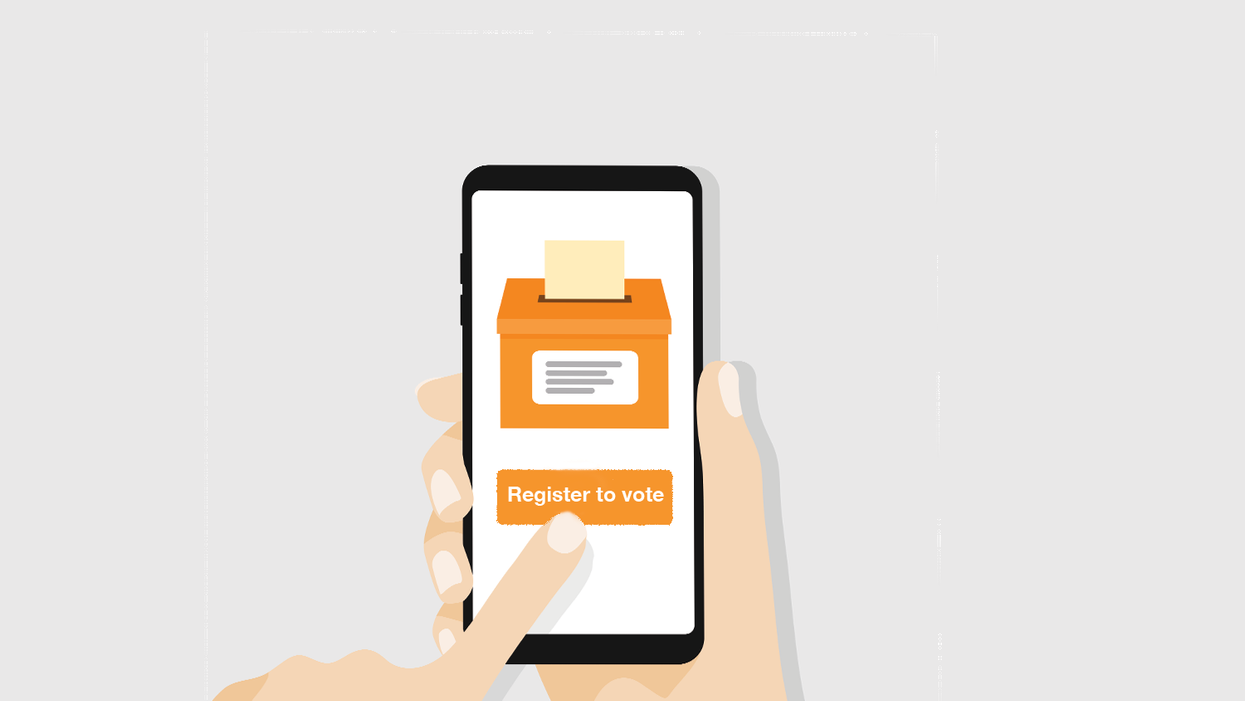Officials in New Jersey have until June to create a secure website allowing eligible residents to begin registering to vote online.
Work on the site by the secretary of state's office can begin because on Tuesday Gov. Phil Murphy signed a measure that will make New Jersey the 38th state with online registration.
It's the latest in a small wave of recent laws easing access to the ballot box in the 11th most populous state, and the fourth biggest that's reliably Democratic. The measures started advancing after Murphy became governor three years ago, succeeding Republican Chris Christie, and signaled an eagerness to sign voting rights measures written by his fellow Democrats who have solid control of the Legislature.
On Monday, Murphy signed two other such laws.
One would end the practice ridiculed by civil rights groups as "prison gerrymandering," which is counting incarcerated people for redistricting purposes where they're currently held instead of at their previous home addresses. New Jersey becomes only the seventh state, all of them reliably blue, to make a change that generally gives more political power to cities at the expense of rural areas.
The other will require state officials to post all local and county political boundaries, with matching election results, on a government website so the public can see the results – starting in time for the post-census redrawing of all the lines for the 2020s.
Earlier laws have expanded the use of early voting by mail, automatic registered eligible voters whenever they do business with the motor vehicle bureau and restored voting rightsto about 80,000 people on probation and parole.
"We are stronger and fairer when more New Jerseyans are represented in our democracy," Murphy said in a statement. "Expanding access to voting is one of many ways we can work to enfranchise more voters and ensure that all eligible voters are able to participate in the democratic process."
Only 10 states have bigger populations, and the only ones that require registration in person are Republican-run Texas, Michigan and North Carolina. Proponents say the online option is an obvious way to boost civic participation in a culture where the internet is at the heart of so many commercial and governmental transactions.
New Jersey's new online system will probably debut right after the deadline for registering to vote on New Jersey's presidential and congressional primaries June 2. The law allows the secretary of state to decide the deadline to register online before each election after that.
The votes for the bill in Trenton earlier this month were bipartisan and lopsided, 27-10 in the Senate and 61-14 in the Assembly.




















Trump & Hegseth gave Mark Kelly a huge 2028 gift